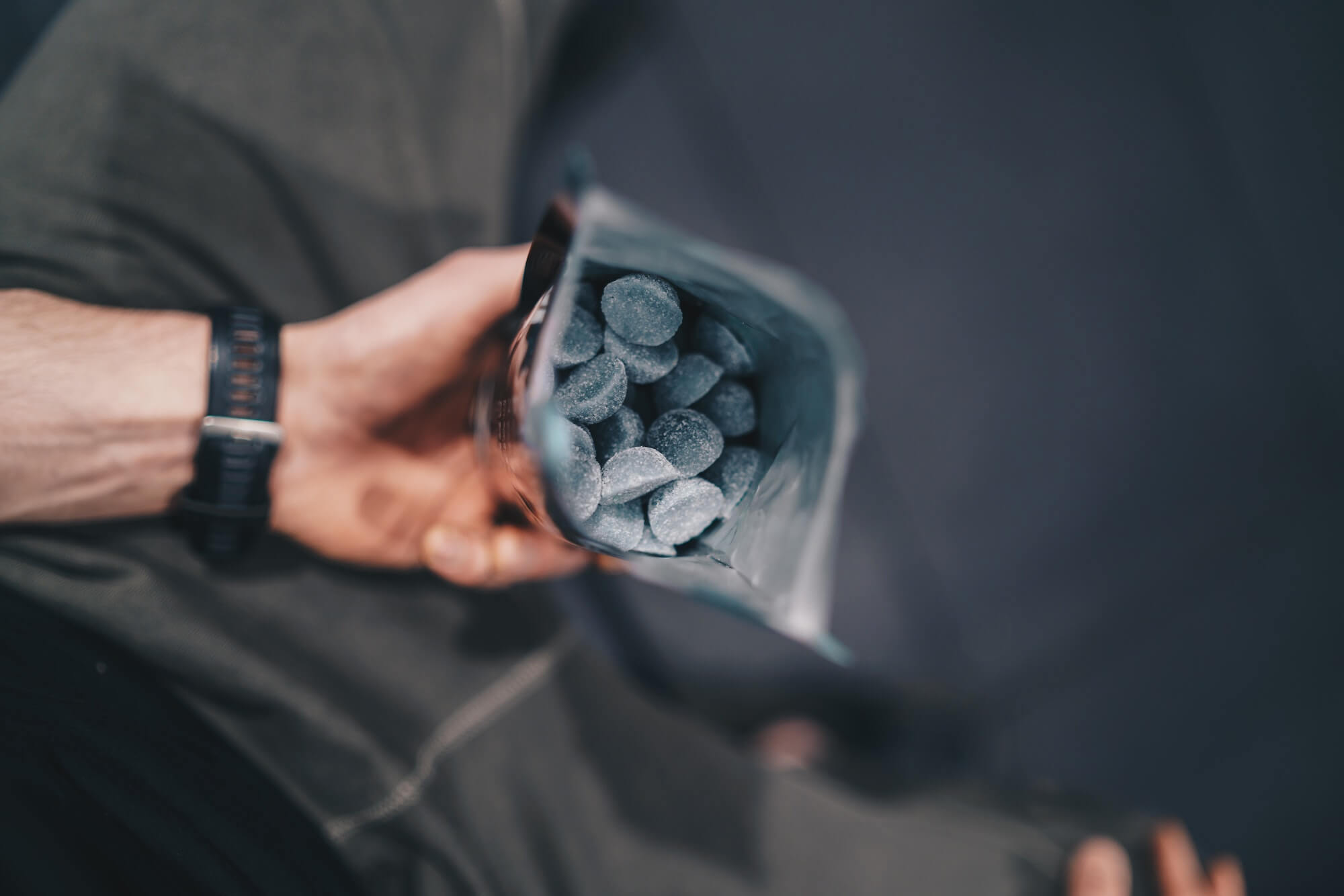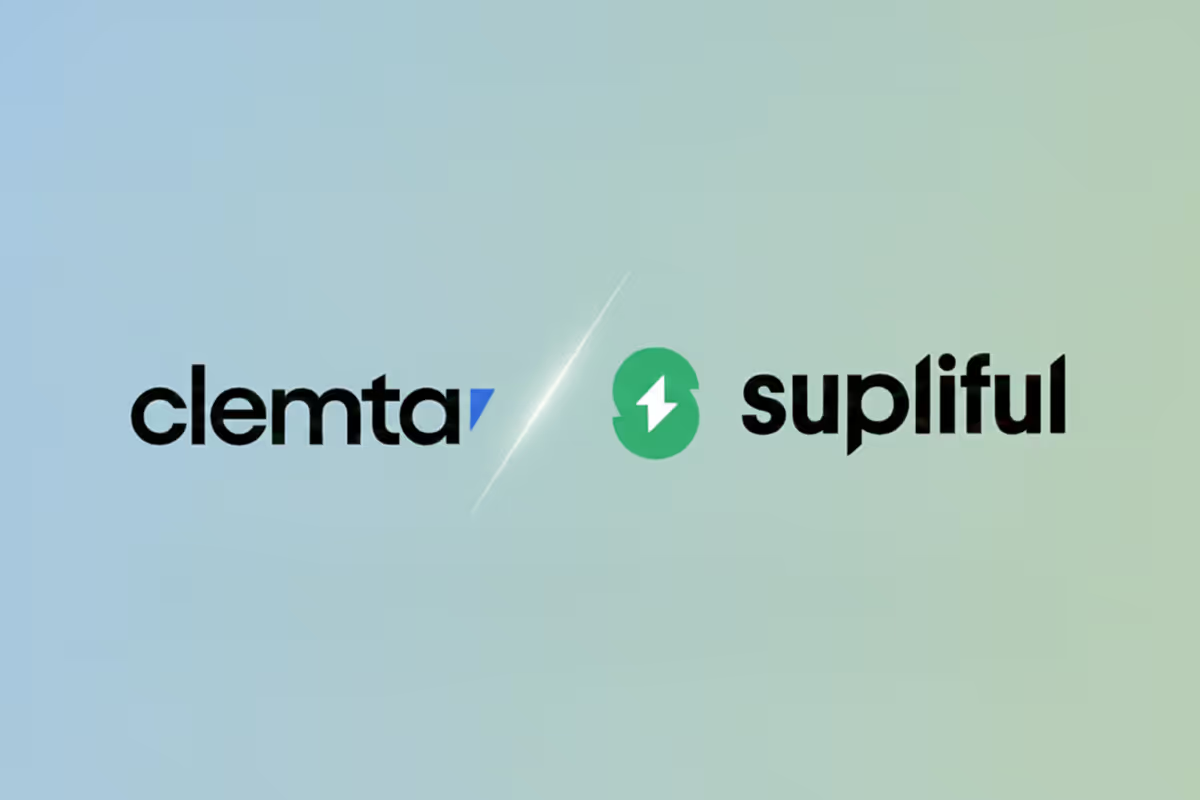FDA-approved vs. FDA-compliant: the FDA’s role in regulating supplements and their labeling

In this post, we define dietary supplements, explain the FDA’s role in regulating them, and what rules need to be followed to make sure the product you sell is FDA-compliant.
How does the FDA regulate food supplements?
The Food and Drug Administration (FDA) is a US federal government agency responsible for regulating the safety of food, drugs, cosmetics, biological products, medical devices, etc.
FDA’s Information for Consumers on Using Dietary Supplements states that dietary supplements are products taken orally that contain vitamins, minerals, herbs, amino acids, and other nutrients. Dietary supplements can also be extracts or concentrates and can come in many forms such as tablets, capsules, liquids, or powders.
The US Dietary Supplement Health and Education Act (DSHEA) of 1994 places nutritional supplements in a special category under the general umbrella of foods, not drugs.
Therefore, dietary supplements do not need approval from the FDA before they are marketed. However, the FDA requires that every such product be clearly labeled as a dietary supplement.
It’s important to note that a product sold as a dietary supplement cannot be in any way promoted as a treatment, cure, or prevention of a specific condition or disease. Marketing a dietary supplement as a cure would make it an unapproved – and thus illegal – drug.
There is an exception when a dietary supplement would need to pass a pre-market review for safety data – if the supplement in question contains a “new dietary ingredient”. In that case, the manufacturer and distributor must demonstrate why the ingredient is expected to be safe for use in a nutritional supplement.
What needs to be written on the product label?
The FDA requires that every supplement is labeled with a descriptive name of the product stating that it is a "supplement". In addition, the label must contain the following information:
- the name and place of business of the producer, packer, or distributor;
- a complete list of ingredients;
- the net contents of the product;
- a "Supplement Facts" panel identifying each ingredient the product contains.
Ingredients not listed on the "Supplement Facts" panel must be mentioned in the "other ingredient" list beneath the panel, e.g., water, sugar, and processing aids (e.g., gelatin, starch, colors, stabilizers, preservatives, and flavors).

Who is responsible for the safety of a dietary supplement?
According to the DSHEA, the manufacturer is responsible for ensuring that its dietary supplement products are safe before they reach the consumer.
Unlike drug products that must be proven safe and effective for their intended use before they are sold to the public, the law doesn’t require the FDA to approve dietary supplements in the same way. Unless the FDA has proven that a dietary supplement is "unsafe", restricted its use, or requested its removal from the marketplace, you can be sure it's safe to sell.
By the same token, the manufacturer is responsible for ensuring that the ingredient list and the "Supplement Facts" label are accurate, that the dietary ingredients are safe, and that the content matches the amount mentioned on the label.
The manufacturer determines the serving sizes and nutrient amounts in one serving and does not require the FDA’s review or approval. There are no rules that limit a serving size or the amount of a nutrient in dietary supplements, except the manufacturer's overall responsibility to ensure the product's safety.
You are safe with Supliful products
As an FDA-registered company, Supliful guarantees the safety and compliance of all the nutritional supplements we sell, including the correct labeling of products. The supplement label templates we use are made in accordance with FDA requirements.
You can also fully customize the product label designs, and we will verify that they comply with regulations. Learn more about customizing your labels here.
By using Supliful’s on-demand fulfillment, you can be confident about the quality of products you offer to your buyers. We vet our suppliers, ensure they have the necessary certificates, and test their products ourselves before making them available to our customers.
The private label products we distribute and sell are 100% verified and compliant, and any claims made about them are substantiated by evidence. We do not claim – and urge you not to do so either – that any of the dietary supplements can be used to cure or prevent diseases. However, they can be used to complement a healthy diet.
We hope we've managed to clarify the FDA’s regulations for dietary supplements and their labeling. If you have any more questions, feel free to get in touch with us by email [email protected].
FAQ
Related blogs

Supliful x Clemta: Your Shortcut to a Global Supplement Empire

A Year in Review: Supliful’s 2024 Successes and 2025 Roadmap
.avif)


.avif)